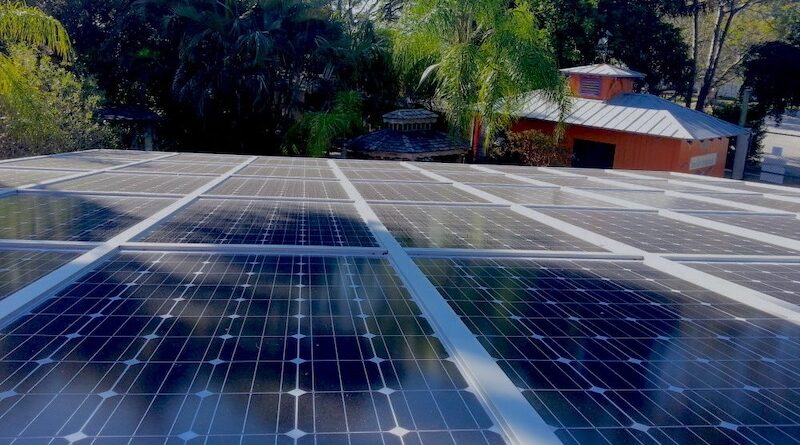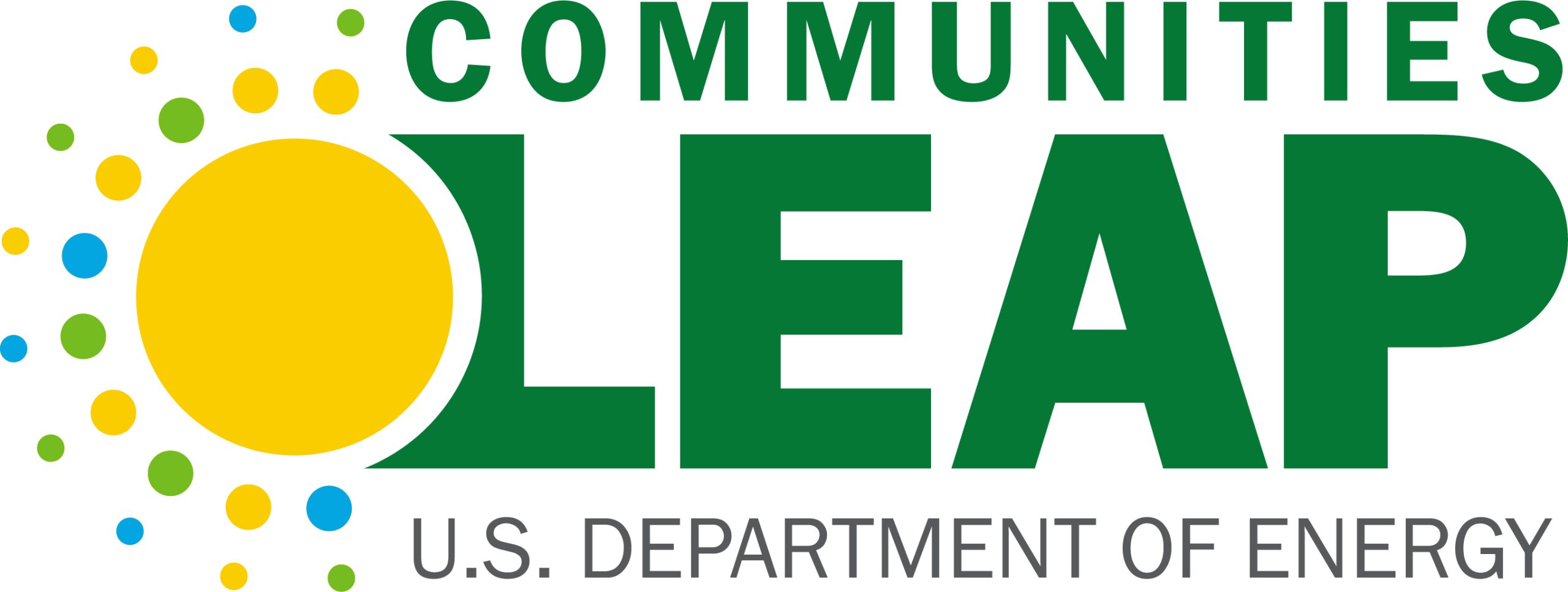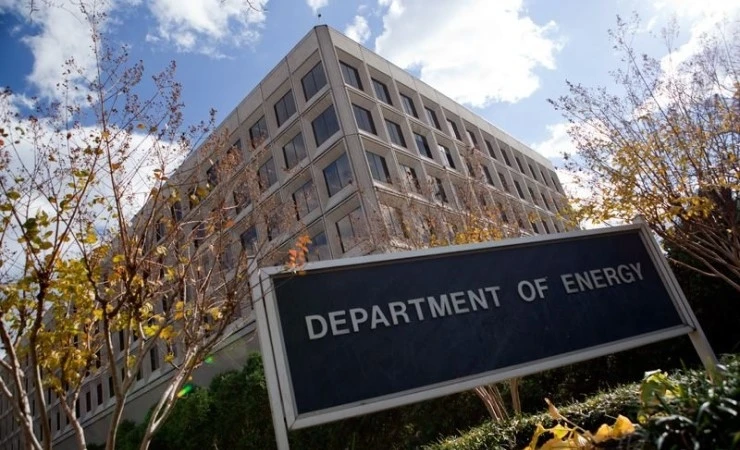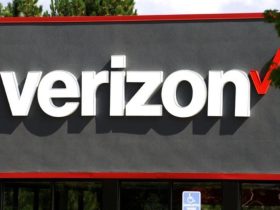On March 22, 2024, the U.S. Department of Energy (DOE) presented a groundbreaking initiative aimed at supporting regions historically reliant on fossil fuels for energy.
Through the Communities Local Energy Action Program (LEAP), the DOE is allocating $18 million toward clean energy and economic development initiatives in 30 disadvantaged communities.
This funding underscores the commitment of the Biden-Harris Administration to foster community-driven transitions toward a sustainable, equitable, and clean energy future.
By directly assisting communities grappling with longstanding challenges and inequities, this initiative aims to catalyze transformative shifts.
The selected communities, including areas like the Belt Region in Alabama and Mount Hope in San Diego, California, have traditionally depended on industries such as coal mining, oil drilling, and natural gas extraction for employment and economic stability.

However, these sectors often bring environmental and health hazards, such as air and water pollution.
Launched as a pilot program under the Biden-Harris Administration in September 2021, LEAP seeks to drive grassroots change by addressing disparities in access to clean energy resources and economic opportunities.
Managed by the DOE’s Office of State and Community Energy Programs in collaboration with other DOE offices, such as Energy Efficiency and Renewable Energy, and Indian Energy, LEAP aligns with initiatives like the Justice40 Initiative, which aims to direct 40% of federal investment benefits to disadvantaged communities.
The $18 million in LEAP funding will provide technical assistance to develop comprehensive, efficient, and tailored action plans for these communities.

LEAP’s success hinges on the involvement of local stakeholders, tribal governments, and community-based organizations, which bring crucial expertise and resources to the table.
This initiative represents a collaborative effort to empower historically disadvantaged communities by addressing disparities in access to clean energy resources and economic opportunities.
By leveraging federal resources and technical expertise, LEAP aims to empower communities nationwide to shape their energy future, foster economic growth, promote environmental justice, and tackle pressing social and economic challenges.







Leave a Reply